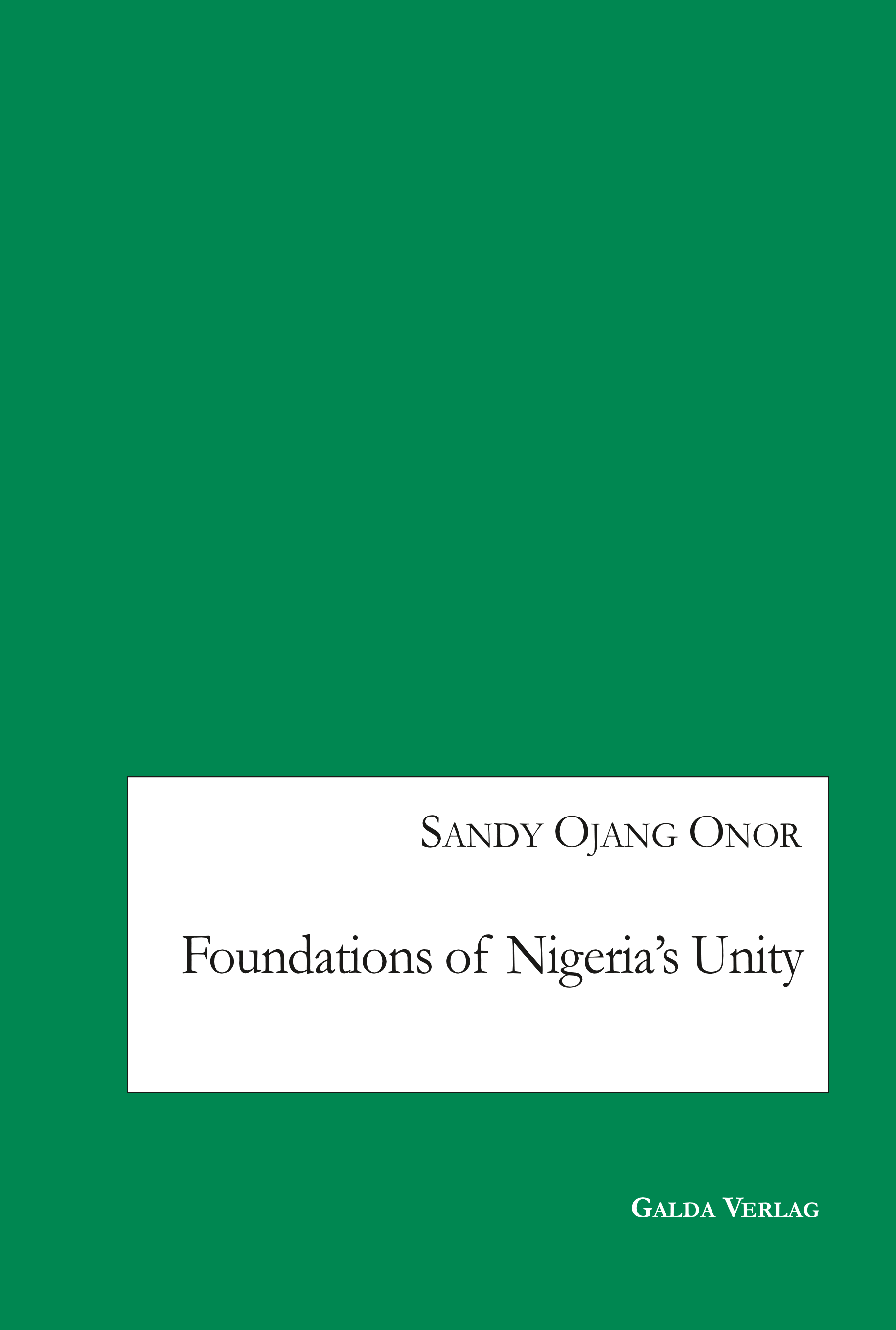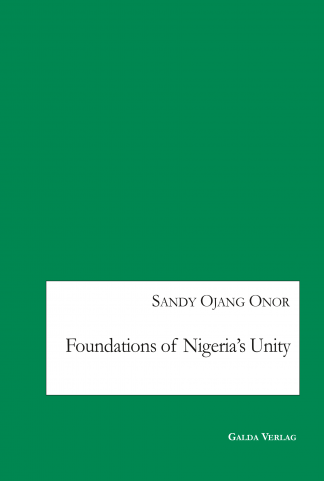Description
Based essentially on a critique of earlier scholarship and insights from a fresh reading of the expanding corpus of primary data on Nigeria’s variegated history, this book validates the existence of long-lasting and dynamic relations among Nigerians before the advent of Europeans. The historical evidence marshalled here, sufficiently proves that it was this beautiful mosaic of inter-ethnic and inter-regional intermingling, cross-fertilization, interdependence and consensus that guided the delimitation of Nigeria as a British colonial territory and also laid the foundation for the amalgamation of Northern and Southern Protectorates in 1914 into a country that was expected to become Africa’s powerhouse or “Giant”, as some people prefer to describe it. Fresh in perspective, didactic in nature, incisive and profound in analysis, this book offers compelling answers to the disquieting crises of relations, development and nation building confronting contemporary Nigeria. It is clear from the analyses in this volume that the National Question would remain intractable and insurmountable only if Nigerians continue to fail in managing and converting their diversities into assets like many other nations with similar pluralisms have done around the world.
About the author
Based essentially on a critique of earlier scholarship and insights from a fresh reading of the expanding corpus of primary data on Nigeria’s variegated history, this book validates the existence of long-lasting and dynamic relations among Nigerians before the advent of Europeans. The historical evidence marshalled here, sufficiently proves that it was this beautiful mosaic of inter-ethnic and inter-regional intermingling, cross-fertilization, interdependence and consensus that guided the delimitation of Nigeria as a British colonial territory and also laid the foundation for the amalgamation of Northern and Southern Protectorates in 1914 into a country that was expected to become Africa’s powerhouse or “Giant”, as some people prefer to describe it. Fresh in perspective, didactic in nature, incisive and profound in analysis, this book offers compelling answers to the disquieting crises of relations, development and nation building confronting contemporary Nigeria. It is clear from the analyses in this volume that the National Question would remain intractable and insurmountable only if Nigerians continue to fail in managing and converting their diversities into assets like many other nations with similar pluralisms have done around the world.


